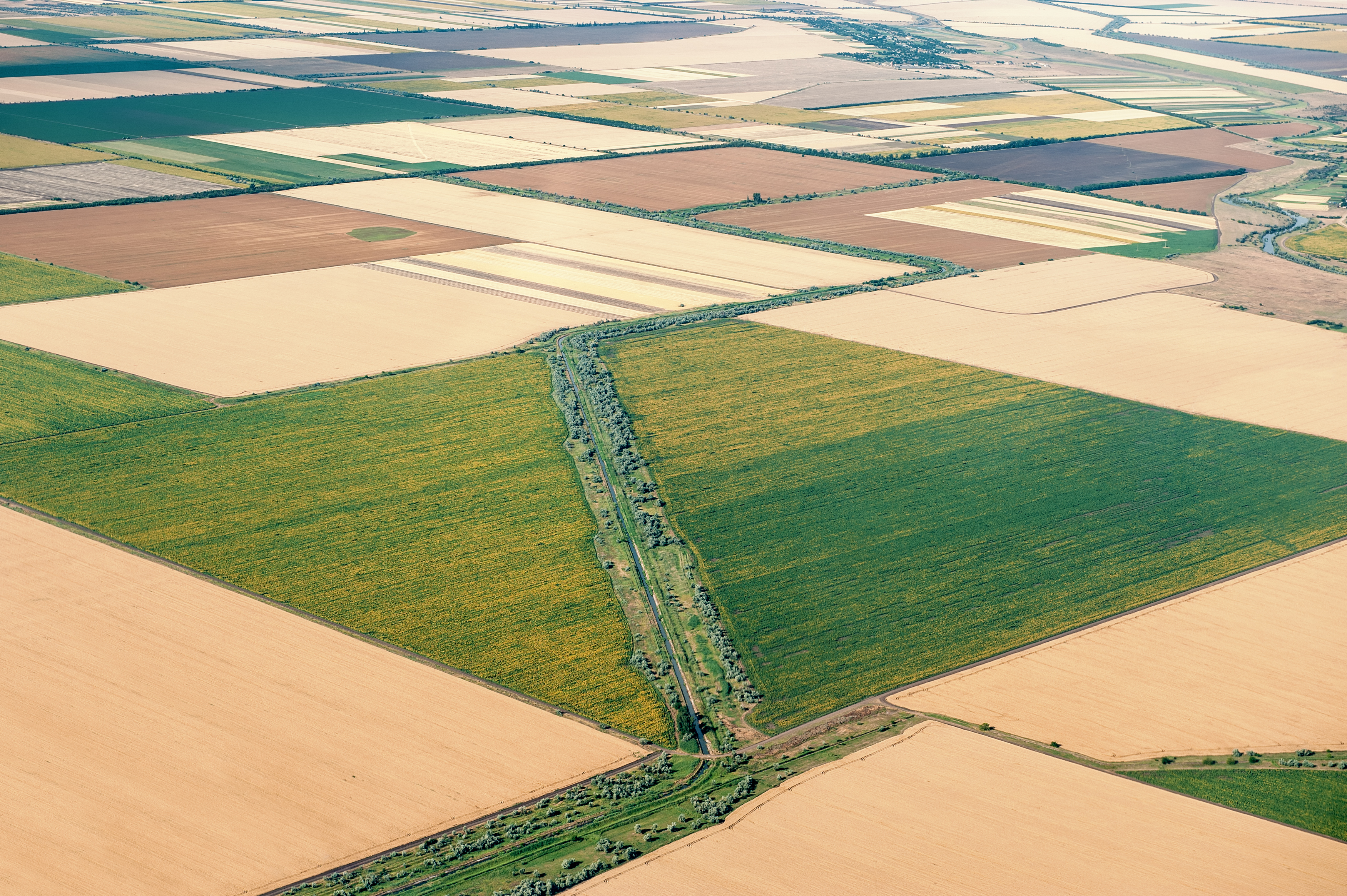Hummingbird, a UK-based remote sensing startup has raised a £3 million ($4.1 million) Series A round to expand its platform on three continents.
Investors in the round include The European Space Agency, Sir James Dyson, the inventor behind and founder of the Dyson company, Newable Private Investing and Velcourt, the UK’s largest commercial farming operation.
Hummingbird uses all three remote sensing technologies, drone imagery, aerial imagery, and satellite imagery combined with weather and soil data, and processed using artificial intelligence and machine learning capabilities plus plant pathology, to make yield predictions, manage nitrogen levels, and diagnose disease in crops including soybeans, oilseed rape, cereals, sugarbeets, peas, and potatoes. These recommendations can help farms mitigate disease, optimize yield, and apply fertilizer in a more efficient way.
Though the startup began as a drone-focused precision agriculture company two years ago, it evolved beyond drones as the team realized that the method of data collection is secondary to the data itself.
“The key is to focus on the crops and be able to take in data from anywhere,” said CEO Will Wells.
Founded in the UK in 2016, the company has in the last year expanded onto two additional continents, working in Russia and Ukraine as well as in Brazil.
Wells told AgFunderNews that apart from being good for business, the expansion has also been advantageous scientifically, giving the company more growing seasons and more varied climates to learn from.
“Having a double-hemisphere, multi-seasonal, machine learning model is a total game changer: we can run the algorithms across borders and through the seasons,” he said.
Though Russia was a hard market to crack, Wells said that the country, notorious for having the largest farms in the world, offers new dynamics that fit well with remote sensing technology.
Wells said that on farms of 80,000 hectares or more, remote sensing can offer value that is less relevant elsewhere, like spotting theft of materials and identifying mismanagement.
“The farm sizes are unfathomable and it works a lot better for remote sensing… in the UK people care about every square meter. In Russia, people want to know which of my 30 fields are doing the best.”
Russia presented other challenges too; Hummingbird, which has partnered with Google UK since the company’s early days, had to find new cloud services partner in Russia, for example.
Despite their size, Russia’s farms are not known for their productivity and there Hummingbird feels it can make a big impact, which Wells says is the whole ball game for remote sensing startups.
“The penetration of cutting edge technology is still quite low. The challenge is actually giving farms something of value. People are bored of pretty pictures. People are bored of ‘give me your data and I’m going to give it back to you,'” he added.
In an effort to possibly create a rising tide for all remote sensing boats, Hummingbird is working on a £100,000 government-funded pilot project in the UK to quantify and publish the impact of Hummingbird’s tech on both farmers and environmental stewardship efforts.
This is the first agtech investment for the European Space Agency, which is invested in roughly 10 startups from life sciences to drones, to medtech.





